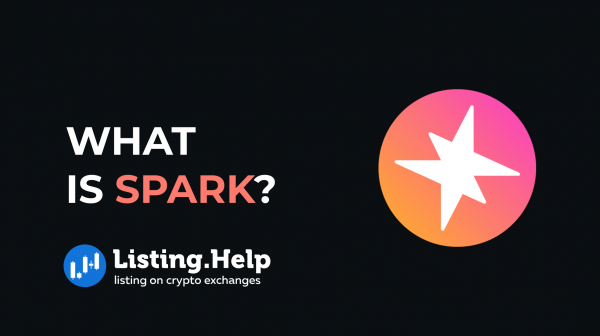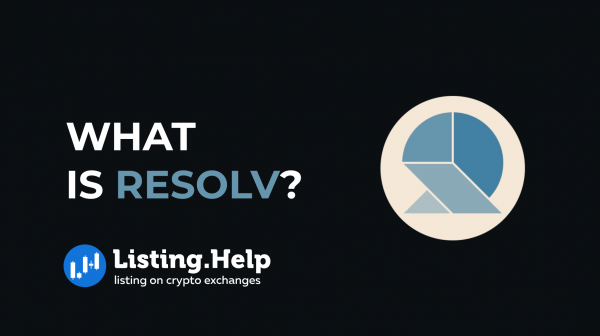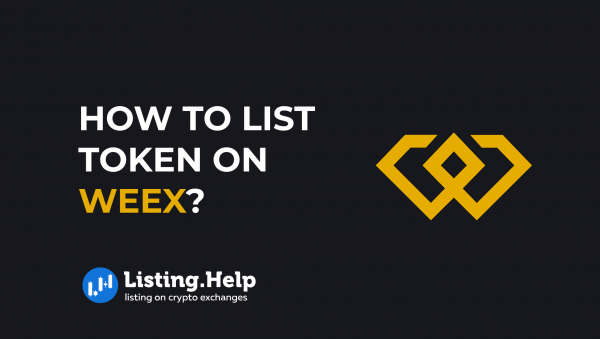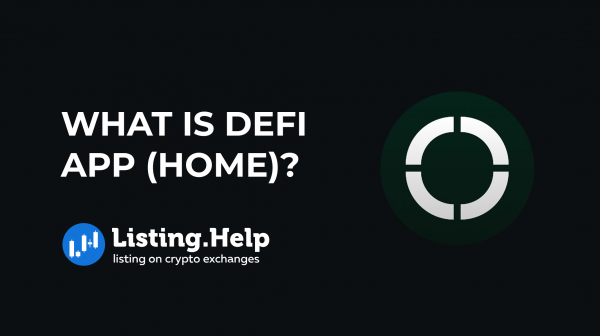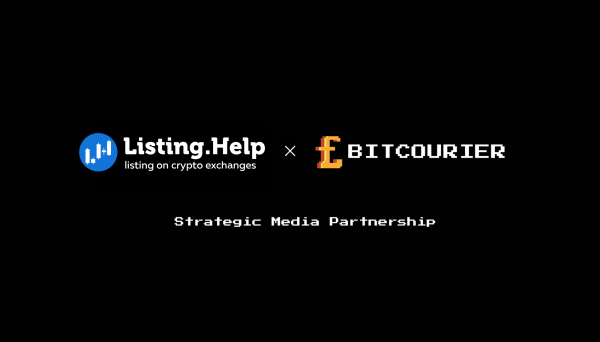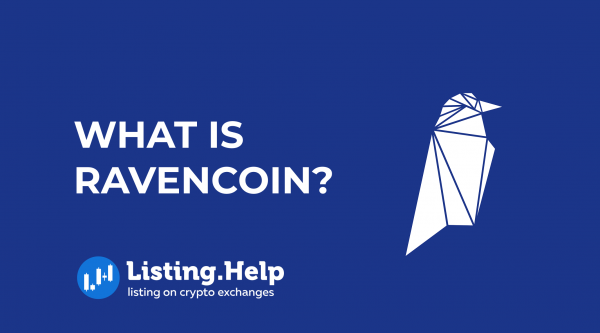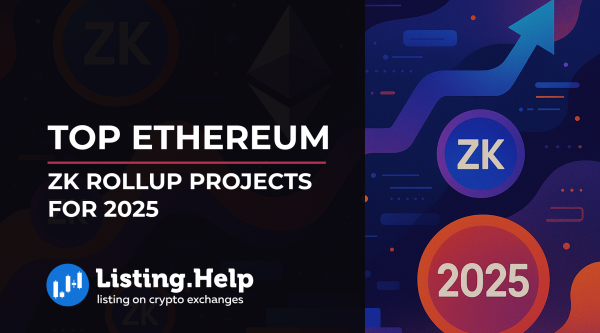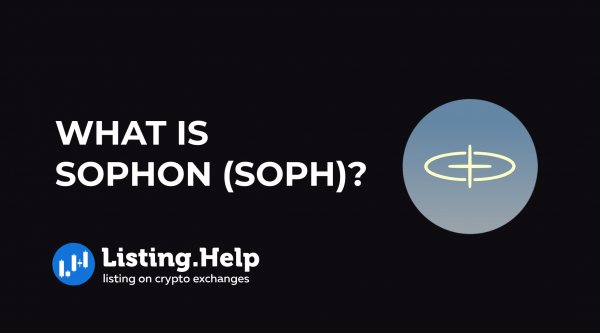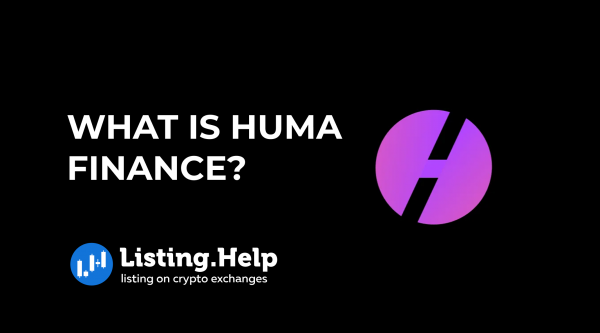What is Mango Markets (MNGO)?
 April 13, 2024
April 13, 2024 Updated: January 27 2025, 06:57
Updated: January 27 2025, 06:57
LEAVE A REQUEST
Launching your own token project? Our experts are ready to help with listing on exchanges, market making, marketing and other solutions
SUBMIT APPLICATIONAs decentralized finance (DeFi) continues to grow, numerous platforms are vying for dominance in the digital currency space. These platforms, including decentralized exchanges (DEXs), are engaged in a fierce competition to develop the most reliable, feature-rich, and user-friendly platform. Mango Markets is one such contender, aiming to distinguish itself in this competitive landscape.
What is Mango (MNGO) on Solana?
Mango (MNGO) is the proprietary token of the Mango Markets platform, which provides both centralized (CeFi) and decentralized (DeFi) trading and investment options.
At Mango Markets, users can engage with derivatives markets, utilize lending services, leverage options, and participate in liquidity provisions, all on the Solana blockchain. This integration ensures that Mango Markets operates with notable efficiency and cost-effectiveness.
Mango Markets stands out by blending CeFi and DeFi elements, striving to deliver a straightforward and secure experience for its users alongside a range of financial products. This approach positions Mango Markets as a compelling choice for investors looking to broaden their portfolios and capitalize on the crypto ecosystem’s opportunities.
The inception of Mango Markets traces back to when Daffy Durairaj shared a video demonstrating a command-line margin trading tool on Solana. Maximilian Schneider came across this video, reached out to Daffy on Discord, and the duo proceeded to develop and eventually launch Mango Markets, which officially started in March 2021.
How do Mango Markets Work?
Mango Markets is a novel decentralized platform facilitating cross-trading in the cryptocurrency realm. But what exactly is cross-trading? It’s a method where earnings from one trade can be immediately reinvested into another trade without closing the first one. This technique is often employed to balance or mitigate the risk associated with the initial trade. Consider this straightforward cross-trade scenario:
– You purchased Bitcoin (BTC) when it was priced at $70,000 per coin, using your available capital.
– The next day, the value of BTC rose to $80,000 per coin, prompting you to sell $10,000 of your BTC holdings.
– Rather than withdrawing the profit, you used it to purchase 30 Mango Tokens (MNGO), assuming each is priced at ~$330.
– You’ve maintained your initial BTC investment and now also own 30 MNGO tokens.
– This is a cross-trade.
In cross-trading, transactions aren’t recorded individually but as a single “cross trade” on the platform. This consolidation of records, along with associated security implications, is why many major exchanges shy away from cross-trading.
Leveraging the Solana blockchain, Mango Markets enables clients to use up to 10x leverage, allowing them to purchase more assets than their capital would typically permit. For instance, with $10 at 10x leverage, they can invest as though they have $50. The Solana framework endows Mango Markets with notably low transaction latency, enhancing the platform’s appeal to crypto investors. Here, latency is the delay from the moment a transaction is initiated to when it’s acknowledged by the network.
Mango Markets aims to establish an accessible, decentralized trading platform beneficial for both market takers and makers. Takers are those ready to buy crypto assets at current prices, while makers wait for prices to drop. The ultimate vision for Mango Markets is to rival the trading volumes of centralized exchanges.
While this ambition might seem lofty to some, the rapid growth of DeFi underscores a significant interest in decentralized investment avenues. With a shift in investor preference towards decentralization, platforms like Mango Markets could potentially redefine the future landscape of finance, challenging traditional centralized financial systems.
How is MNGO Utilized?
The MNGO token is integral to the Mango Markets ecosystem, with a capped supply of 10 billion tokens. Its roles are multifaceted, offering users a range of utilities:
– MNGO enables users to engage in the governance of Mango Markets, allowing them to vote on proposals put forth by the community.
– Token holders can earn rewards by contributing liquidity to the platform’s market and lending pools.
– Users utilize MNGO to pay for transaction fees on the platform.
– Holding MNGO grants members access to exclusive perks and discounts within the Mango Markets community.
For instance, any modifications to Mango Markets’ protocol necessitate a proposal to and approval by the Mango DAO (Decentralized Autonomous Organization). A proposal needs at least 200 million MNGO tokens to pass. MNGO holders can cast their votes via the DAO’s website.
Additionally, MNGO tokens can be staked in Liquidity Provider (LP) pools. Platforms like Raydium and Orca on the Solana blockchain allow users to stake their MNGO-USDC LP tokens to earn returns, showcasing another utility of the MNGO token within the DeFi ecosystem.
How is Mango Markets Structured?
Launched in 2021, Mango Markets has rapidly established itself as a prominent player in the DeFi space, known for its low transaction fees, commitment to decentralization, and, particularly, its quick transaction processing times. These features significantly minimize the risk of slippage — the financial loss that can occur due to delays in trade execution. As a result, traders can engage with the platform with greater confidence and benefit from enhanced liquidity.
The architecture of Mango Markets includes several core components:
– Solana Blockchain: Utilized by Mango Markets, Solana is renowned for its speed and efficiency in the blockchain community, offering swift transaction capabilities at minimal costs while maintaining a decentralized framework. SOL, Solana’s native token, is among the various cryptocurrencies available for trading on Mango Markets.
– Serum DEX: This decentralized exchange, also built on Solana, enables Mango Markets users to engage in margin trading through its central limit order book (CLOB), facilitating direct trades without the need for intermediaries. Serum DEX’s openness allows anyone to access and validate its ledger, enhancing transparency. It supports up to 5x leverage for trades and up to 10x for perpetual futures.
– Mango Token (MNGO): Serving as Mango Markets’ native token, MNGO is primarily used for governance, granting token holders a say in the platform’s operations and decision-making processes. This aligns with Mango Markets’ ethos as a decentralized autonomous organization, where users have a significant influence over the platform’s direction and governance.
As the platform continues to evolve, it stands as a testament to the potential of decentralized finance to offer more autonomy and efficiency to its participants.

For deeper insights into blockchain technology, check out our Listing.Help Blog.




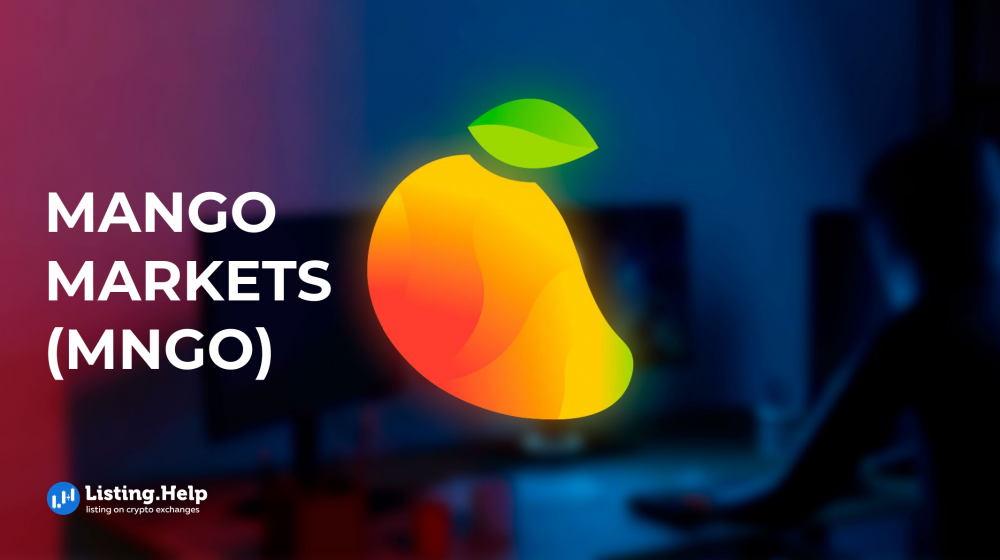

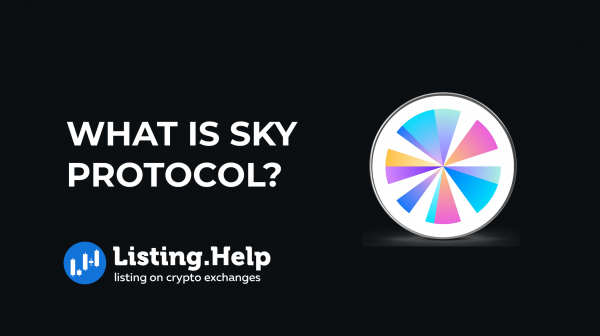
 June 28, 2025
June 28, 2025 